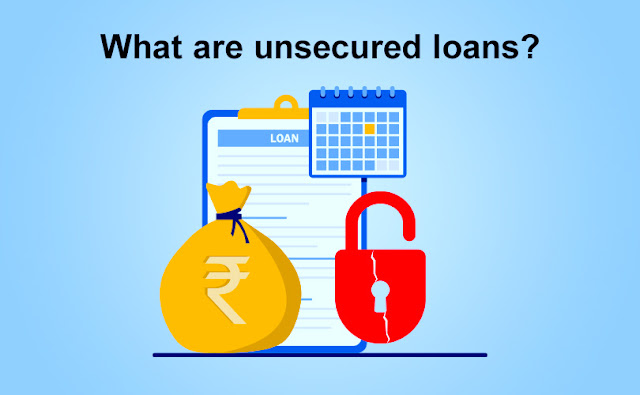An unsecured loan is a loan that does not require the borrower to pledge any assets or collateral as security. Unlike a secured loan, an unsecured loan does not have any assets attached to it that the lender can seize in the event of default.
Unsecured loans are typically used to finance small purchases, such as cars, furniture, or appliances, and can also be used to consolidate existing debt or unexpected cover expenses. There are several unsecured loans, including personal loans, credit cards, and payday loans.
Personal loans online are the most common type of unsecured loan and are often used to finance large purchases such as a car or a home renovation. Credit cards are also a form of unsecured loan and can finance small purchases or cover unexpected expenses.
When applying for an unsecured loan, lenders typically review the borrower’s credit history and credit score to determine eligibility. The borrower’s credit score is essential, as it determines the interest rate and other terms of the loan.
Lenders may also consider other factors such as income, employment history, and debt-to-income ratio. The interest rate on an unsecured loan is typically higher than the rate on a secured loan, as the lender is taking on more risk with an unsecured loan. Additionally, the repayment terms of unsecured loans tend to be shorter than those of secured loans.
Some lenders may also require the borrower to have a co-signer to qualify for an unsecured loan. Despite the higher interest rates, unsecured loans can be beneficial in certain circumstances. Those with a strong credit score can often qualify for a lower interest rate, making the loan more affordable.
Additionally, unsecured loans can quickly provide borrowers with access to funds, as the application process is often simpler and faster than a secured loan. However, it is essential to note that unsecured loans can be more challenging to qualify for. Those with poor credit or limited income may be personal loan rejection reasons for an unsecured loan.
Additionally, the lender may ask for additional documentation, such as proof of income or a co-signer, to approve the loan. Considering all the factors involved when applying for an unsecured loan is essential. Those with a strong credit score and a steady income are more likely to be approved for an unsecured loan, while those with poor credit or limited income may be rejected.
Additionally, it is important to compare interest rates and repayment terms between different lenders to find the best loan for your needs. Finally, it is essential to remember that unsecured loans can be more expensive than secured loans, so it is essential to consider your ability to repay the loan before applying.
Read Also: What Are the Benefits Of An Unsecured Loan?











No comments:
Post a Comment